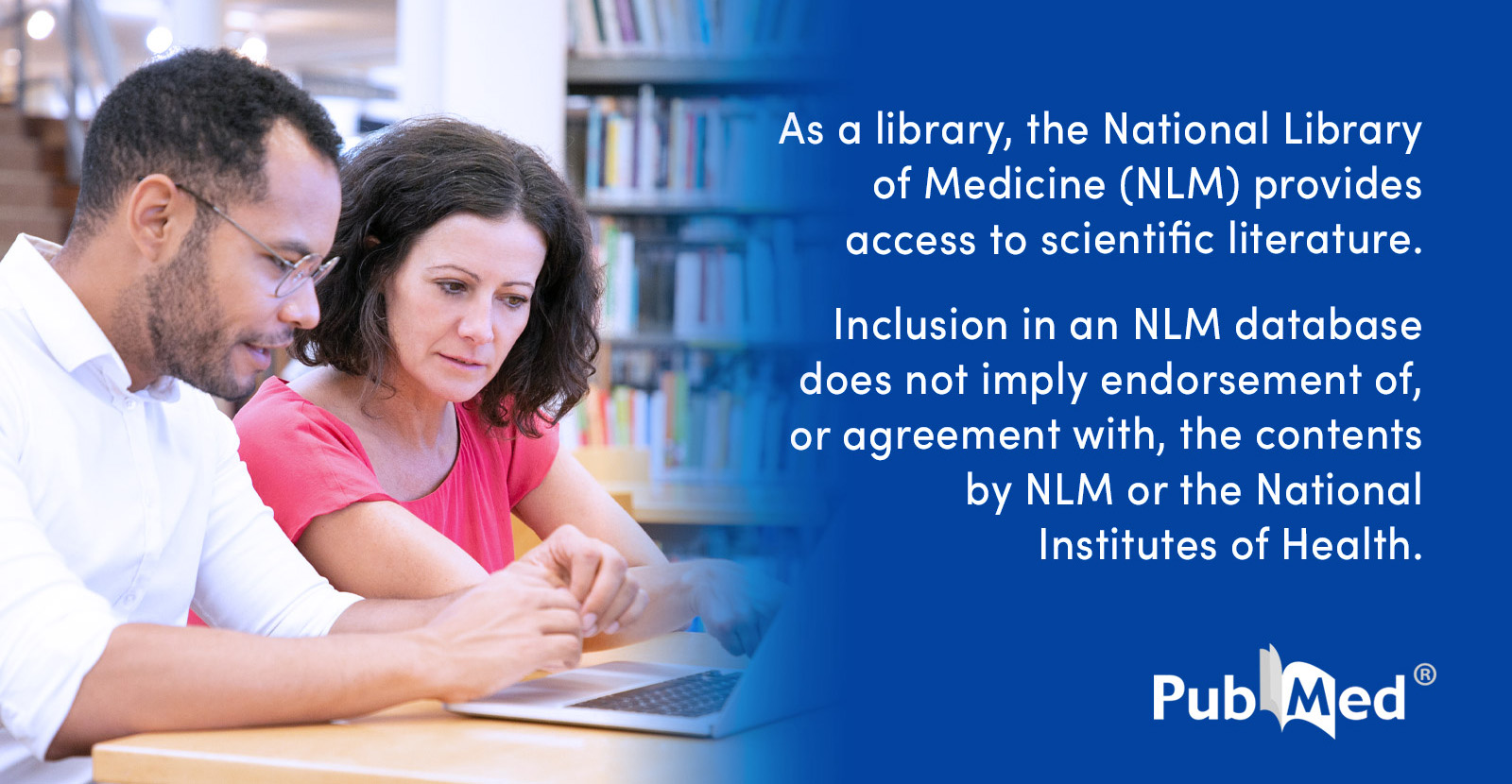polymath
Bluelight Crew
I'm not sure if this has been discussed before, but this article suggests that CYP2D6 ultrarapid metabolizers are more likely to get stimulant-like side effects from diphenhydramine.

 pubmed.ncbi.nlm.nih.gov
pubmed.ncbi.nlm.nih.gov
Are the most likely cause of this the N-demethylated products of metabolism? Usually you'd associate the CYP2D6 with ether cleavage such as in the O-demethylation of codeine and DXM. The metabolites with a non-tertiary amine nitrogen could be expected to have less of H1 blocking and anticholinergic potency but still cause dopamine reuptake inhibition similar to the parent compound.
On a side note, this substance described in Wikipedia looks like it was designed to be an antihistamine but turned out to be a stimulant:

 en.wikipedia.org
en.wikipedia.org

It does look much like the diphenhydramine structure below:

Edit: and those motion sickness antihistamines are also reported to improve ADHD symptoms in some cases, which probably requires only a mild dopaminergic stimulant effect from the compound and/or metabolites: https://pubmed.ncbi.nlm.nih.gov/1686492/

Paradoxical excitation on diphenhydramine may be associated with being a CYP2D6 ultrarapid metabolizer: three case reports - PubMed
Diphenhydramine is a widely used antihistaminic that is frequently included in over-the-counter medications. Due to its sedating properties, diphenhydramine is used in some hypnotic preparations. Occasionally, patients respond to diphenhydramine with paradoxical excitation. There are no studies...
Abstract
Diphenhydramine is a widely used antihistaminic that is frequently included in over-the-counter medications. Due to its sedating properties, diphenhydramine is used in some hypnotic preparations. Occasionally, patients respond to diphenhydramine with paradoxical excitation. There are no studies on the prevalence of paradoxical excitation in healthy subjects. Diphenhydramine appears to cause mild inhibition of the cytochrome P450 (CYP) 2D6 enzyme. This can be interpreted as competitive inhibition, suggesting that diphenhydramine may be a CYP2D6 substrate. When subjects have at least three active copies of the CYP2D6 gene, they are called ultrarapid metabolizers (UMs) and present high metabolic capacity for CYP2D6 substrates. In the United States, CYP2D6 UMs may account for approximately 1% to 2% of the population. We describe three CYP2D6 UMs who reported paradoxical excitation on diphenhydramine. These cases suggest that in CYP2D6 UMs, diphenhydramine may be converted to a compound that causes excitation due to the abnormally high CYP2D6 activity. Therefore, such individuals may be at higher risk for excitation. Although these are only three anecdotal cases of paradoxical excitation from three CYP2D6 UMs, the reports illustrate the need for larger, more formal studies of diphenhydramine responses in CYP2D6 UMs and of diphenhydramine metabolism.
Are the most likely cause of this the N-demethylated products of metabolism? Usually you'd associate the CYP2D6 with ether cleavage such as in the O-demethylation of codeine and DXM. The metabolites with a non-tertiary amine nitrogen could be expected to have less of H1 blocking and anticholinergic potency but still cause dopamine reuptake inhibition similar to the parent compound.
On a side note, this substance described in Wikipedia looks like it was designed to be an antihistamine but turned out to be a stimulant:

Clofenciclan - Wikipedia

It does look much like the diphenhydramine structure below:

Edit: and those motion sickness antihistamines are also reported to improve ADHD symptoms in some cases, which probably requires only a mild dopaminergic stimulant effect from the compound and/or metabolites: https://pubmed.ncbi.nlm.nih.gov/1686492/
Last edited:



